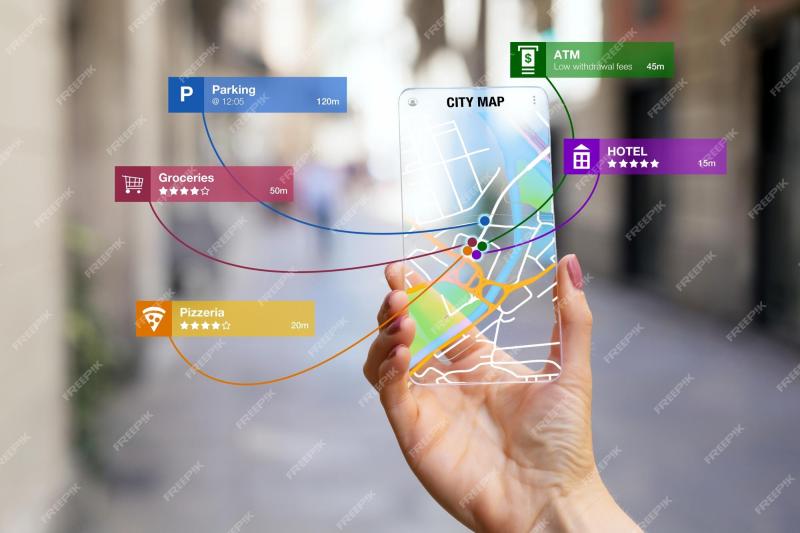Conversational AI and Virtual Assistants

In 2025, artificial intelligence (AI) is set to shape marketing strategies profoundly, pushing the boundaries of personalization, customer engagement, and content creation. Here are some of the most transformative AI marketing trends for 2025 and beyond:
Hyper-Personalization with Predictive Analytics: AI is advancing beyond basic personalization, using predictive analytics to anticipate customer needs and behaviors before they happen. By analyzing a mix of historical purchases, browsing habits, and seasonal trends, brands can offer tailored recommendations and real-time suggestions. This level of engagement, driven by platforms like Netflix and Amazon, enhances customer loyalty and conversion rates by creating highly relevant interactions.
Conversational AI and Virtual Assistants: AI-powered chatbots and virtual assistants are set to redefine customer service by enabling personalized, real-time interactions. From handling basic queries to making product recommendations, these AI-driven assistants are becoming more autonomous and capable. By 2030, the market for conversational AI is expected to surge, as more businesses utilize it to engage customers and improve satisfaction.
Voice Search Optimization: With natural language processing (NLP), AI helps marketers optimize content for voice search, a method growing in popularity as consumers lean toward hands-free interactions. As people increasingly rely on voice assistants like Alexa and Siri, brands will prioritize voice-specific search terms and strategies to enhance visibility and reach new audiences.
Generative AI for Content Creation: Generative AI, known for creating art, music, and text, will be crucial in marketing by 2025. This technology can craft tailored advertisements, social media posts, and even blog content, allowing companies to maintain a consistent brand voice while also reducing production time and costs. The ability of AI to create and adjust visuals, audio, and text quickly ensures that content remains fresh and engaging, resonating with different audience segments.
Ethical AI and Data Privacy: As AI's role in marketing expands, ethical considerations and data privacy are becoming more central. Companies are being urged to adopt transparent, fair AI practices, particularly in the wake of new regulations like the EU AI Act. This trend emphasizes the importance of responsible data use, transparency, and bias avoidance to build trust with customers.
Augmented Reality (AR) Integration: The fusion of AI with AR enables immersive, personalized experiences in retail and online shopping. For instance, AI-driven AR tools allow customers to “try on” products virtually, improving decision-making and enhancing user engagement. This combination is likely to play a larger role as brands seek to create memorable, interactive marketing experiences.
Redefining Marketing Roles: AI is not replacing marketers but shifting their roles. As AI handles data-driven tasks and automation, marketing teams can focus more on strategic and creative projects. This shift is increasing demand for skills in data analysis, AI tool management, and customer experience design, allowing teams to achieve a better balance between technology and human creativity.
By adopting these AI-driven approaches, businesses can expect to deepen customer connections, increase operational efficiency, and stay competitive in an increasingly data-centric marketing landscape. These shifts mark a significant leap toward a future where AI, ethical practices, and human oversight together drive customer satisfaction and brand loyalty.










Comments